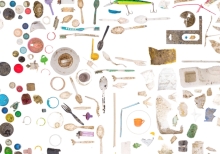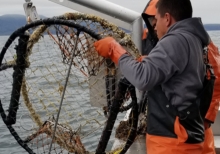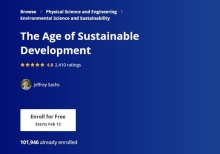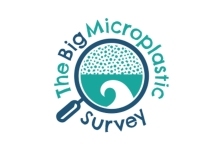The Plastic Health Summit: Session One
This conference brings you state-of-the-art of research on micro- and nanoplastics, plastic additives, and health. Prominent scientists from all over the world will inform conference attendees on the latest findings in engaging, succinct science talks.






